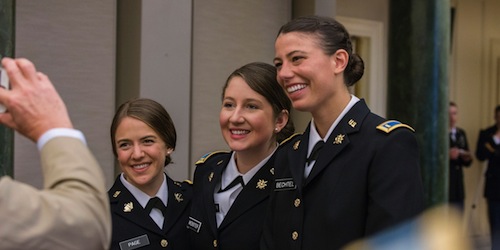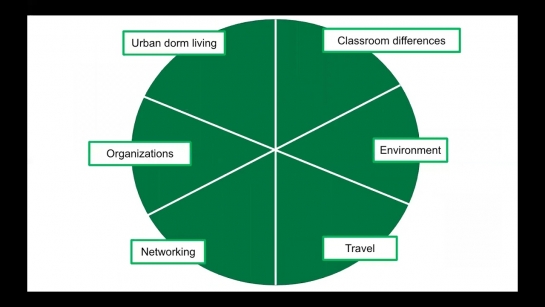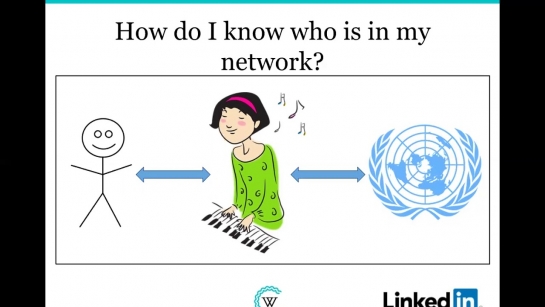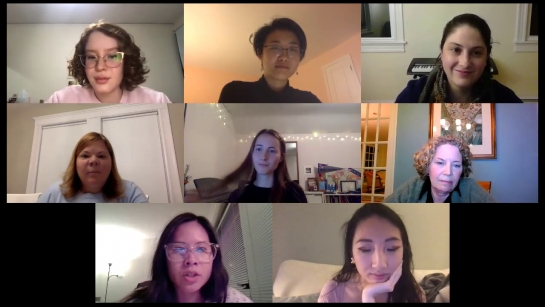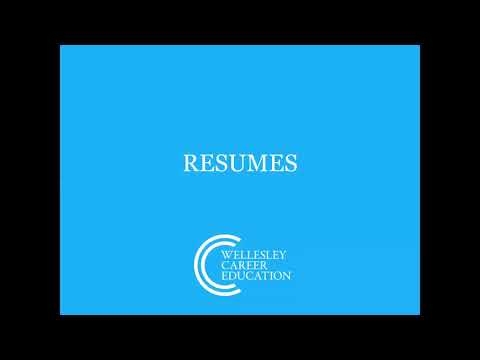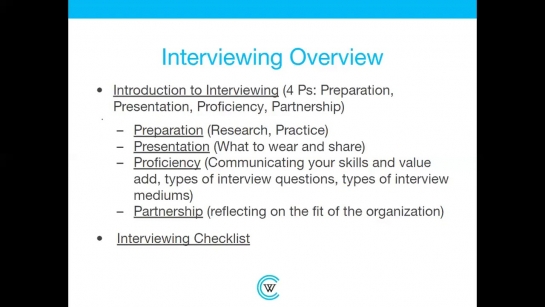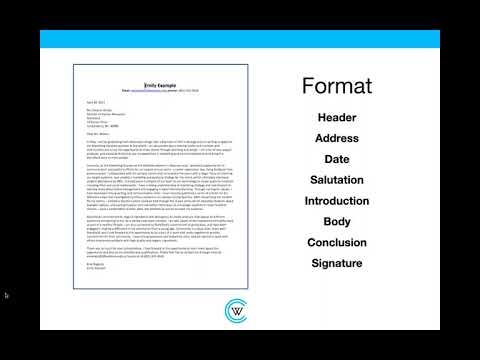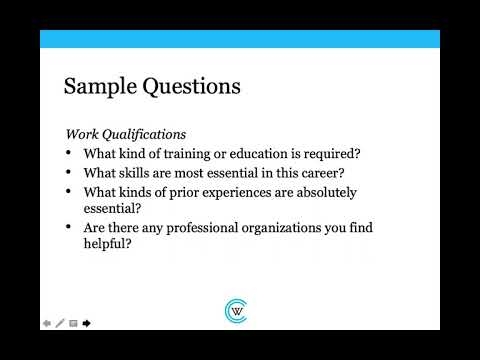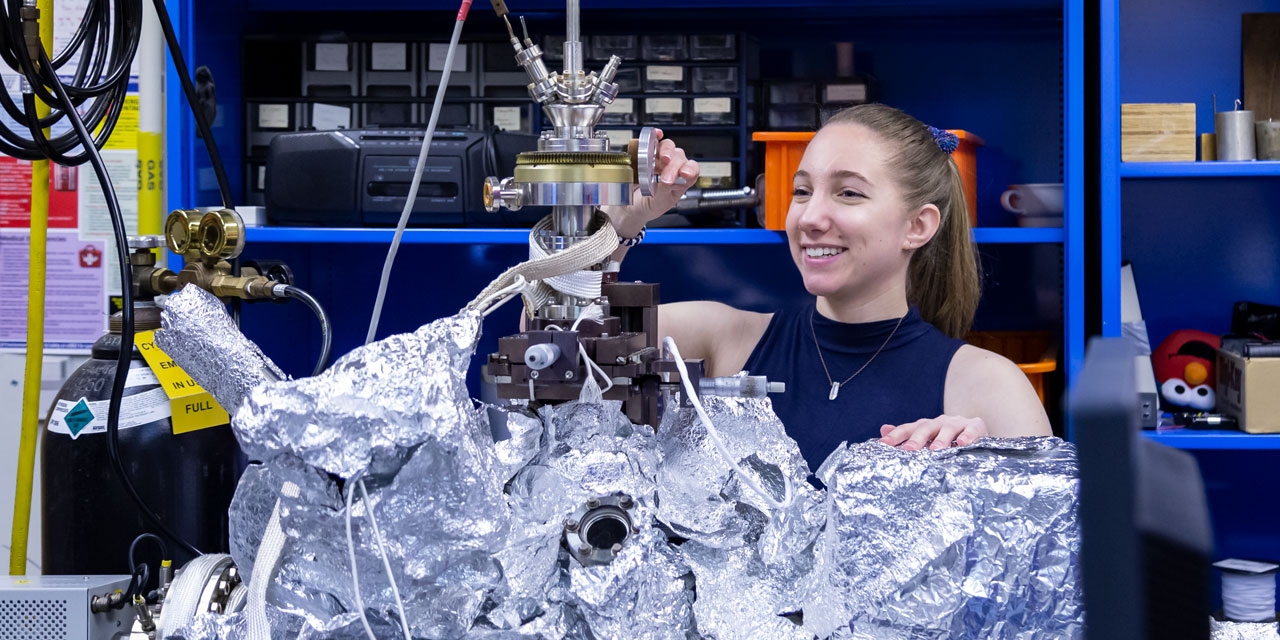“It’s okay if things don’t turn out exactly the way you expect... and as I grew throughout my time at Wellesley, I discovered that I also wanted to gain experience in more people-oriented clinical roles.”
Making the Most of a Virtual Internship or Project

Virtual internships and projects — experiences for which all of the work is done online from a remote location (e.g., your home) instead of on-site at the workplace - come with their own benefits (no commute!) and their own challenges (how to get to know colleagues?). This document will help you to identify and strategize for some of the benefits and challenges of a virtual experience in advance, so you’ll be ready to make the most of your summer experience.
Leading with Empathy: A Guide for Mentors and Mentees
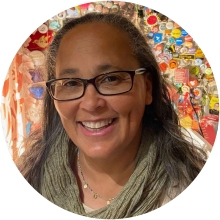
This guide is an overview for approaching the mentorship relationship with care.
Learn About Careers in Life Sciences
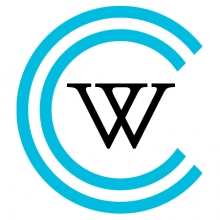
A career in the life sciences can include a broad range of companies, organizations, and foundations concerned with the study of living organisms, including biological sciences, botany, zoology, microbiology, physiology, biochemistry, and a number of related subjects. Employers may include biotechnology & pharmaceutical companies, academic institutions, healthcare organizations, foundations, and federal agencies. Most of the information on this page concerns non-patient facing options but there are opportunities to create career paths that merge patient and non-patient settings.
Make the Most of Your Internship

Prepare to make the most of your experience using these tips for before, during, and after your internship.
“I previously had dreams to be an author, but found myself called by the combination of logic, mystery, and truth in science.”
Assess Yourself: What Are You Bringing on Your Career Journey?

Where do you begin when you don’t know where to begin with your career path? What are new opportunities you could explore once you find a field that fascinates you? How do you prioritize which experiences to pursue when there are a few, several, or many options that interest you?
20+ Questions to Jump-start Your Career Exploration

In this resource, you will find questions meant to prompt your career exploration. Take time to reflect on each question as a strong understanding of oneself will be essential in order to effectively navigate the twists and turns of your unique career path. Get to know your values, personality type, strengths and interests. These all deeply inform your satisfaction with career choice.
ROTC at Wellesley

The Reserves Officer Training Corps (ROTC) is a college program that prepares students to become commissioned officers in the United States Armed Forces. The ROTC curriculum is pursued at the same time as your Wellesley College courses, and is focused on leadership development and career training.
Wellesley offers students the opportunity to join the Army and Air Force ROTC programs. Both programs are hosted by the Massachusetts Institute of Technology...
Study Abroad: Government, International Affairs, Law, & Public Policy Careers

Students interested in careers in government, law, international affairs, and public policy are encouraged to focus on skill development and experience. This is especially important as employers, and graduate programs in this space continue to look for commitment to understanding these industries. Below please find suggested study abroad experiences that help develop specific skills and experiences to help be competitive in these industries.
Science Research

Participating in research experiences as an undergraduate is an excellent way to add depth to your science understanding and actively engage with what you are learning in the classroom. By doing so, you further develop your laboratory, analytical, and problem-solving skills, and you start to build your network with faculty members. Research experiences are valuable components to your resume, and they can make you more competitive for both graduate school and industry opportunities.
